
In the rich tapestry of Chinese culture, festivals hold a special place, weaving together tradition, spirituality, and community. One such significant festival is Zhong Yuan Jie, also known as the Hungry Ghost Festival or the Ghost Month, celebrated on the fifteenth day of the seventh lunar month. This festival carries deep cultural and spiritual importance, reflecting the Chinese people's beliefs in honoring departed souls and appeasing wandering spirits. In this blog post, let's delve into the essence of Zhong Yuan Jie, exploring its origins, customs, and the meaningful ways it is observed.

⚙Historical Roots
Zhong Yuan Jie finds its origins in Buddhist and Taoist traditions, with its roots stretching back over a thousand years. It is believed that during the seventh month of the lunar calendar, the gates of the afterlife open, allowing spirits and ghosts to roam freely in the human world. To ensure harmony and protect themselves from malevolent spirits, people engage in various customs and rituals during this time.
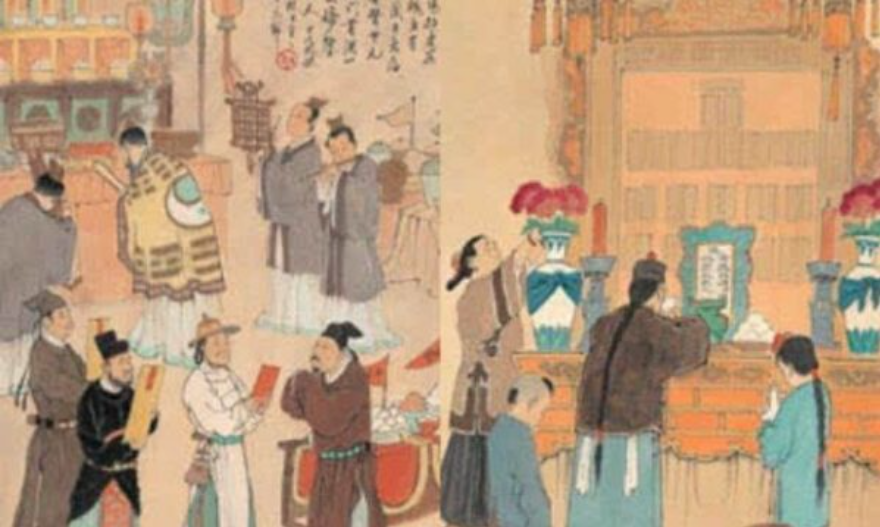
⚙Customs and Observances
1. Making Offerings: Families offer elaborate feasts, fruit, and other food items at home and in temples to honor their deceased ancestors and other wandering spirits. These offerings are believed to bring blessings and good fortune to the living.
2. Burning Ghost Money: Paper money, also known as "ghost money," is burned as an offering to appease the spirits. The belief is that the deceased can use this money in the afterlife, ensuring their comfort and well-being.
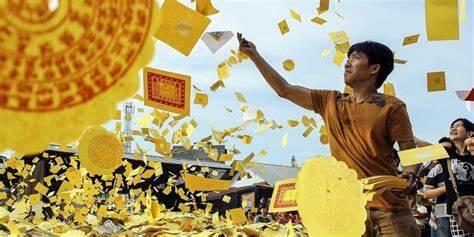
3. Theatrical Performances: Traditional Chinese operas and dramas are staged in public spaces, entertaining both the living and the spirits. These performances depict ancient stories and legends, creating a festive atmosphere.
4. Lantern Floating: Lanterns are floated on rivers and water bodies, symbolizing guiding lost spirits back to the afterlife. This beautiful sight is both a spiritual act and a visual spectacle.
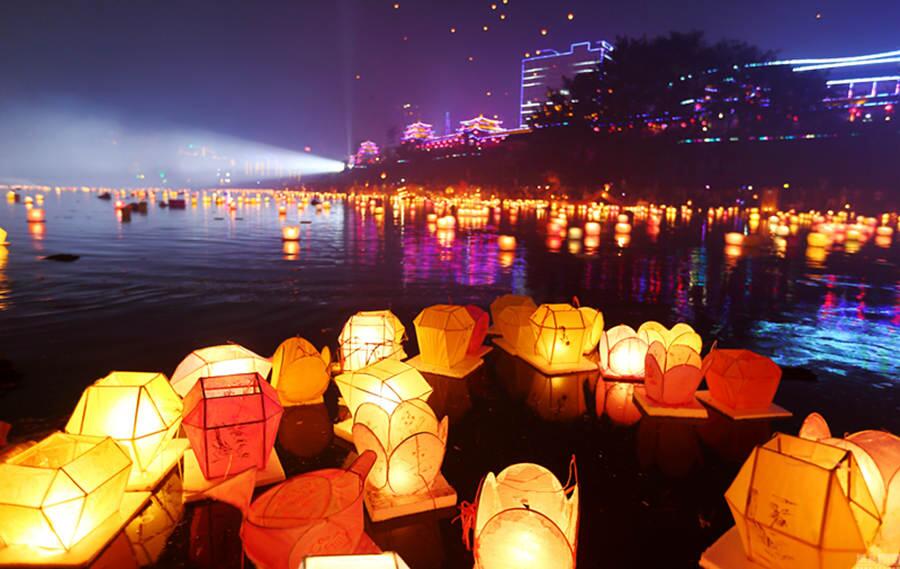
⚙Cultural Significance
Zhong Yuan Jie is a testament to the Chinese people's reverence for their ancestors and the belief in maintaining a harmonious relationship between the living and the dead. It fosters a sense of community, as families come together to perform rituals and share in the traditions passed down through generations.
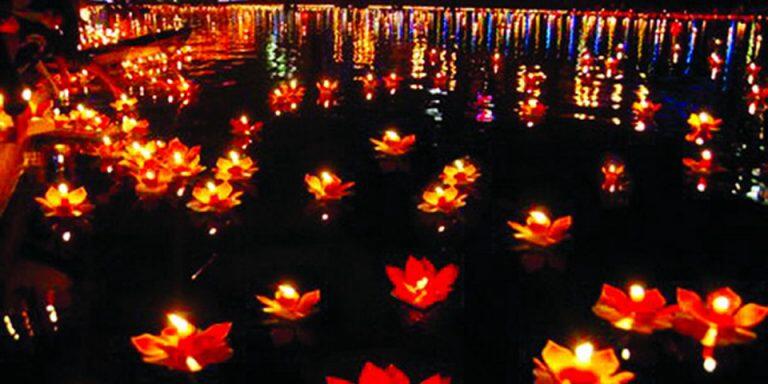
⚙Conclusion
As the glow of lanterns illuminates the night skies during Zhong Yuan Jie, it serves as a reminder of the enduring traditions that bind communities and generations together. This festival encapsulates the essence of Chinese culture, reflecting respect for the departed, reverence for heritage, and the unbreakable bonds between the living and the dead. By understanding and appreciating the significance of Zhong Yuan Jie, we not only honor our roots but also enrich our cultural tapestry with the wisdom of the ages.
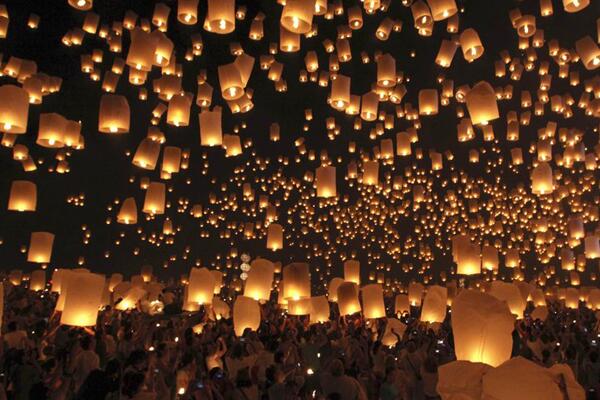
Links